

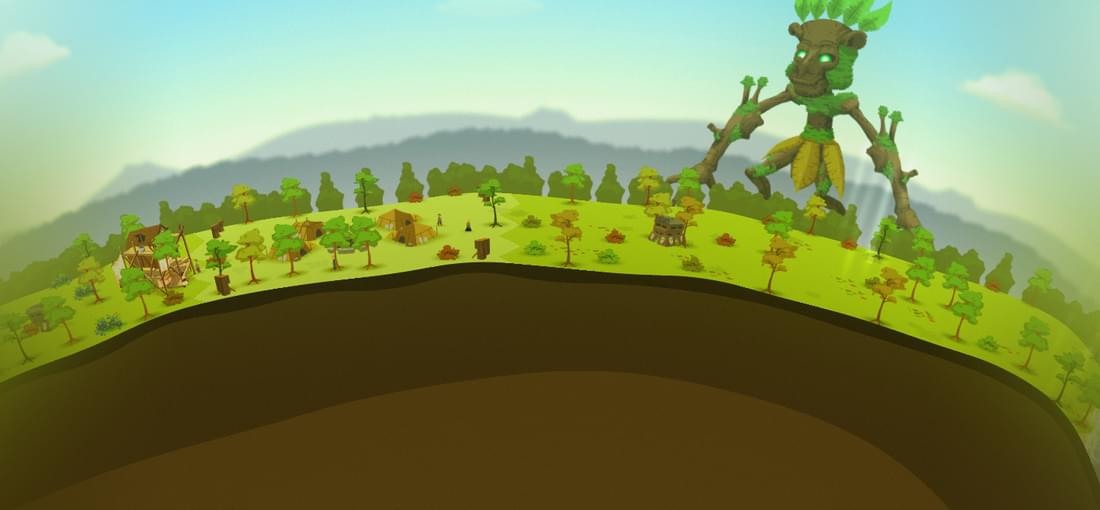
Reus is like playing as parents to mankind: you are supposed to care for them in order to see they grow and thrive, and while can slap them (and very hard indeed. For what it matters, much harder than anything you could do in Black and White) this is not the main point around which revolves the gameplay. The gameplay is a sort of puzzle: you set resources through the 4 giants' powers trying to get the most from the interactions and synergies in a limited space. Human settlements will periodically attempt "projects" which, if successfull, will lead one of them to join the giants, unlocking further powers or making more effective those already obtained. An interesting feature is the greed mechanic: if give too much to a town, its inhabitants will become more and more selfish and violent and start to wage war to other towns or even to attack the giants themselves. The beauty of the game however is that you are not forced to avoid this (and indeed there are achievements and projects even for warmongers): if want hell on earth may leave the killing/burning/maiming to the greedy little bastards; but if want a perfect eden can just wipe the pests away, or slap a little common sense in their dumb heads, or fill their surrounding with any kind of wild and dangerous beast keeping their need for violence busy. The game can be played in two modes: "sandbox" or time-limited (30', 60' and 120': the longer ones has to be unlocked). Once the time limit expires are however free to keep playing the world as a sandbox. The latter allows to obtain achievements which in turn unlock more resources and projects, or the longer time limits. That's quite nice because ensures that your understanding of the game grows hand in hand with its possibilities. "Art direction" is at top level, both graphics and music. So, why not 5 stars? Well, the lack of an in-game "encyclopedia" is somewhat nasty because there are many trasmutation to remember and this would help when planning ahead
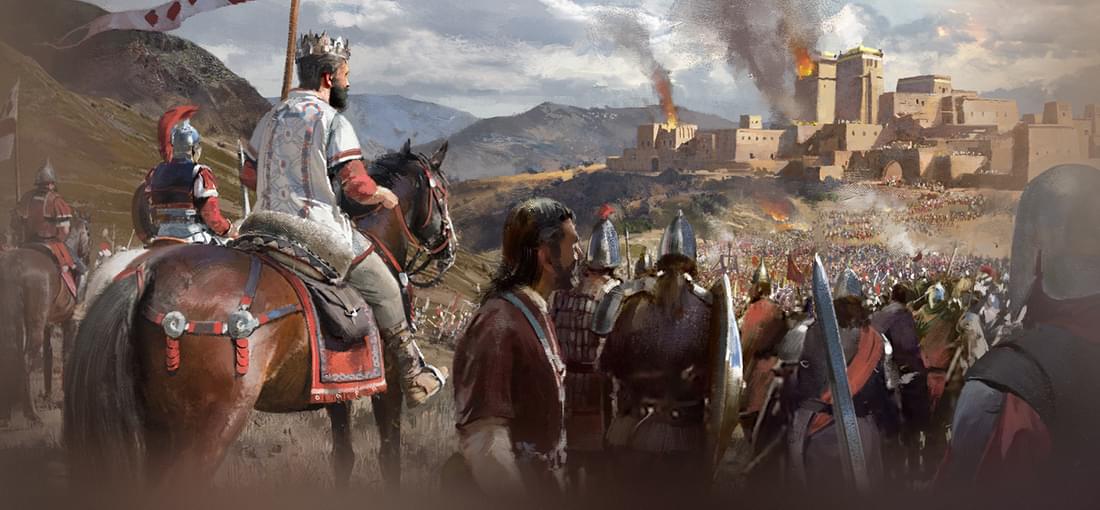
Well, that's sums it up. There are few interesting ideas such as the "orders" and the very mild blend of CKII, but sadly diluted into a lot of clumsiness purported as "complexity". The pretense of being "historical" is quite frankly ridicule (King Hrotgar of the Danes?In Tyre? never heard of the Phoenicians?) and basically is Civ4 with less civilizations and the tech tree truncated before the middle age; under this regard modders did a much more accurate and loving work that the half-hearted effort done there. The game is also poorly optimized, as it stutters on the same laptop capable of running smoothly TW:Warhammer. Ten years ago it could have been a good game, now it falls below average, especially since the historical turn-based strategy game subgenre has seen excellent titles such as Field of Glory:Empires or Imperiums:Greek Wars
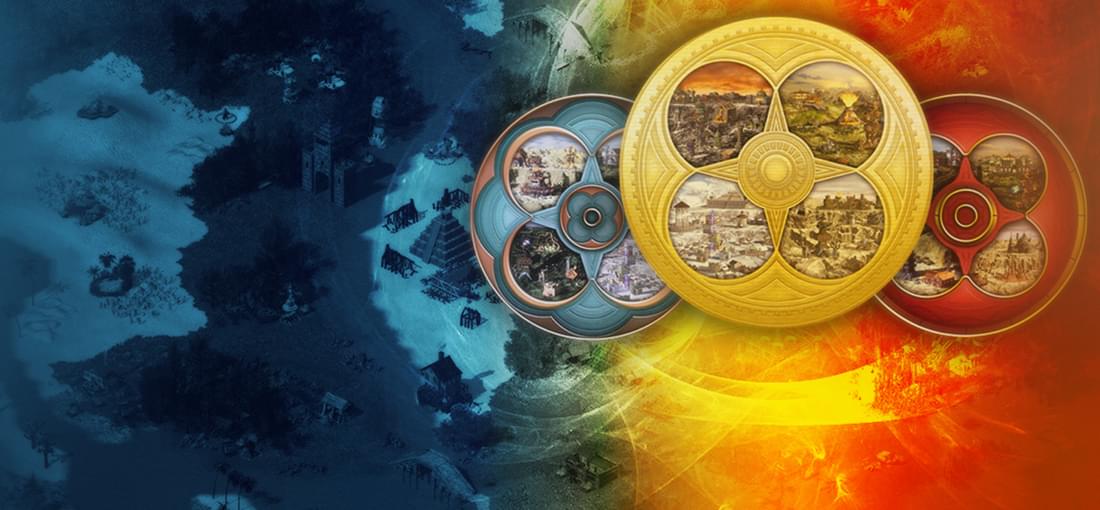
HOMM III brough the classic formula to perfection, so the only way to make a worthy successor was to rethink the whole game. HOMM IV was a bold attempt to evolve the series and, despite all its shortcomings, for the most a succesful one. It features the best campaigns of the whole franchise, and offers the most strategic options among all the Heroes titles (which are usually quite shallow under this regard, the strategic layer being just a sort of pretext for the engaging tactical battles; unfortunately this makes also more apparent the traditional weakness of HOMM's strategic AI). Having the hero in the field makes the tactical encounters more interesting, even if there are issues with the later campaign maps as the heroes themselves becomes by then killing machines of Doom (to be honest this is a long-standing issue with HOMM, never really addressed. The possibility given by HOMM IV to go after the hero in the tactical map is probably the closest attempt to fix this "honestly"). As a long-term fan of the series, I believe that HOMM IV is a turning point and a missed opportunity (HoMM V and VI are just inferior versions of HoMMIII, even if the V is not a bad game by itself)
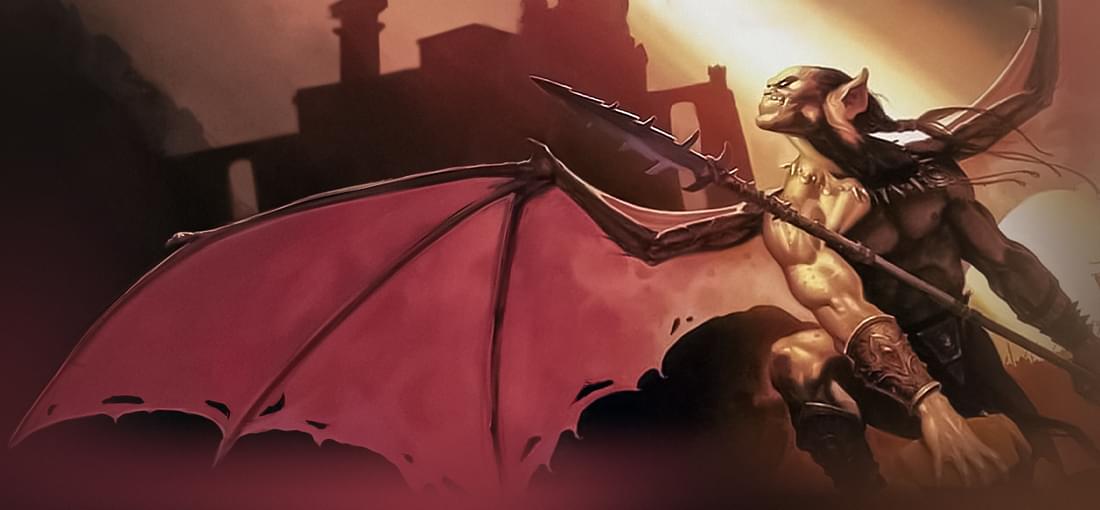
Do not be discouraged by its apparent oversimplicity, W3 is one of the best fantasy TBS on GOG. It has elements of a "mild" operational wargame like Fantasy General mixed with grand strategy elements (a diplomatic interface qutie developed, and a very streamlined "emipre management"), so the tactical level is not represented but left to an excellent engine which manages to blend planning and randomness in a very succesful way: even with careful planning and armies' composition there is a chance that something goes wrong and a lowly orc mob may bring down a mighty dragon (even if focusing on this strategy usually does not end well...). The possibility to raze cities to ground (or improve the fortifications) opens to interesting options such as strategic flanking or scorched earth defense (the AI sometimes seems capable of performing the latter, which is rather unusual). Heroes are still powerful, but not so overpowered as in other fantasy franchises (e.g. Age of Wonder, Heroes or MM), and the role of luck mitigate further the issue with the "stack of doom" which tend to penalize the late game in fantasy TBS. For being a TBS, Warlords III has a very fast pace even if games on the largest maps may last very long. The interface is excellent (many much newer titles could draw good lessons from it) and AI quite competent if the game is played at the highest difficulty settings (at lower settings it becomes much more passive). Graphics and sounds are not especially good even for its time (but the art for units and events are very nice), while the score is not bad. The series did not bet much on setting/lore (a generic high fantasy milieu but with darker tones than usual: afterall even the "good factions" are led by blood-thirsty warlords), a fact that may had a role in its relative lack of popularity
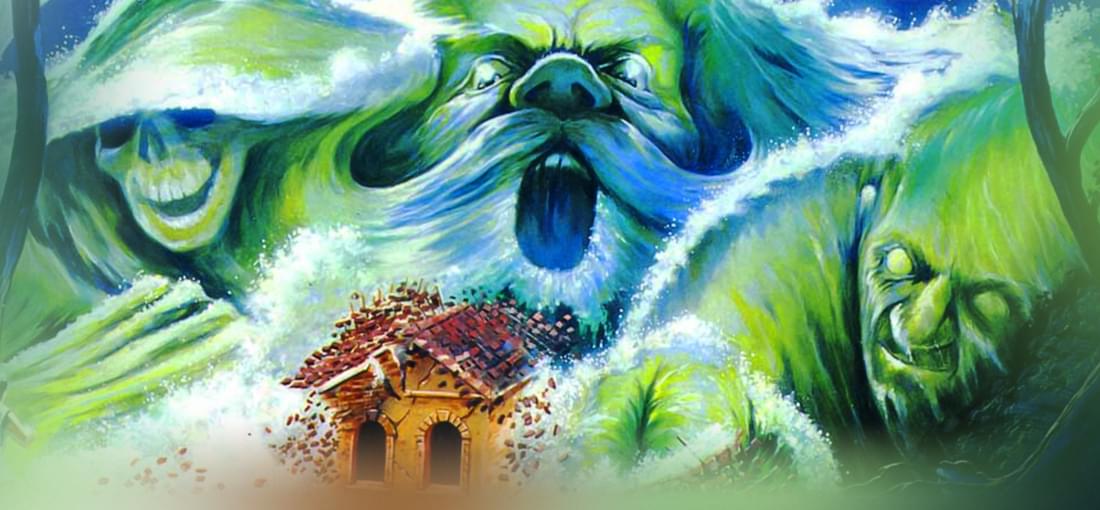
I do not give Populous II 5 stars out of nostalgy, but because it is incredibly fun even nowaday. The gameplay is simple albeit brilliant: acting as a god (to be more precise, a demi-god aspiring to godhood) the player has at his disposal a wide array of divine intervention to wipe away the infidel "evil" reds and to increase at the same time the number of loyal worshipers from the "good" blue tribe, map after map, until is given the chance to claim godhood from Zeus himself. The game has a huge number of maps (the first tens are basically the tutorial but the player is expected to read the manual to understand a few basic concepts) and, out of the "conquest" mode where maps are played sequentially under predetermined conditions, there is a "sandbox" mode to increase replayability (which is basically limitless); the player does not have to play all the 1000 maps, but, depending on the score, may skip several of them after each victory: this ensures a balanced challenge, even if sometimes may seem needlessly repetitive. Being 20 years old graphics are not so fancy, but are nonetheless functional and even cute to a certain extent (by the way, in my opinion 2d games suffer much less than 3d ones under this regard) and, once the game begins, I get sucked in and do not care anymore; certain sound effects were nasty even at the time (e.g. the plague) but disabling them would make the game harder. In the years there have been several "god games" (the best was Black and White) but no other title came close to Populous II in giving the same feeling of "unrestricted power" within the limits of its standard rules
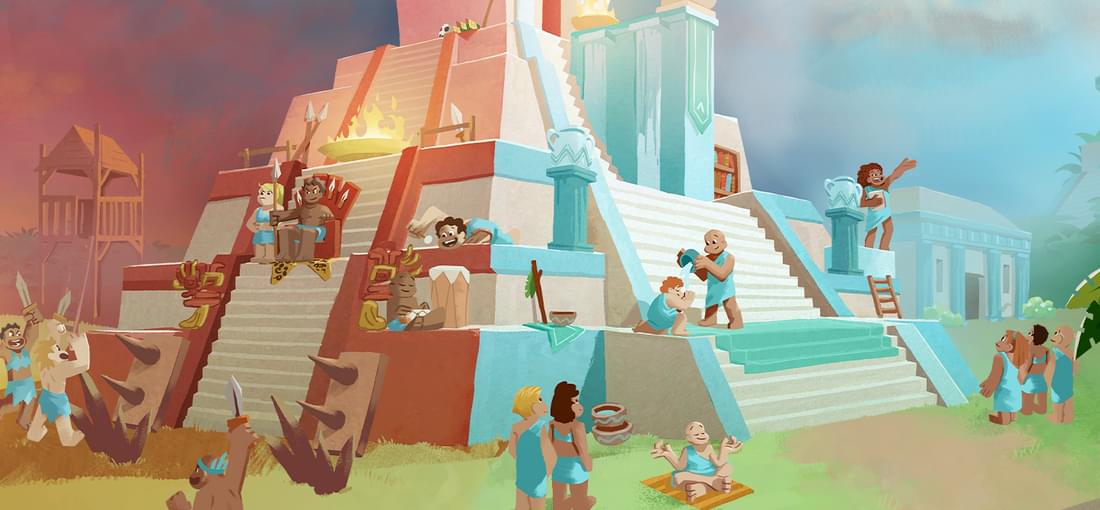
If are searching for a game where can hurl lightnings and fireballs all the day, sink Atlantis or turn Sodoma into ashes, that is not Godhood. Yes, the player is a divinity of some sort, but his action are for the most indirect, in the form of hints/commands given to a small selection of disciples tasked with the conversion of pagans. And there is beauty in this approach, as much as in the "click-fests" of Populous II or mouse-mangling of Black and White: if the latters are the "RTS" of god games, Godhood, with its relaxed pace (but good rhytm), plays more like a turn-based grand strategy game. Indeed is turn-based: each turn the player is allowed to perform a number of actions, of various kind but mostly directed into strenghtening the disciples' bond and faith, before a "sacrament" (a sort of battle of wits and strenght between the selected disciples and the heathens) takes place. As in grand strategy games usually the battles are automatically solved by the AI, likewise the player is a mere observator during the sacrament, and the disciples are left alone to prove their faith. And as in grand strategy game, the whole point is not the battle itself, but how the "army" comes to be committed; under this regard Godhood does a very good job for being a rather casual game (at least, the current release), with plenty of options. Now, being the game still in development, I would like to see in the final release -interactions between the disciples (e.g. bonds and rivalries) -the possibility to try the disciples, and punish/reward them accordingly Also, feel that the balance is too much tilted toward physical damage: breaking skulls has been always an excellent argument to end a debate, but for the sake of gameplay a less "realistic" approach would not hurt. Overall, Godhood is, so far, a very nice and relaxing casual game, with the possibilty to turn into a more "serious" one in the final release and an outstanding art direction (better than a lot of AAA titles)